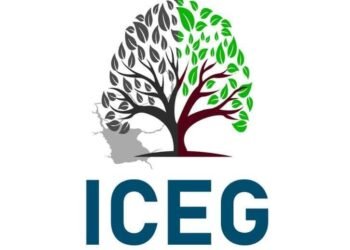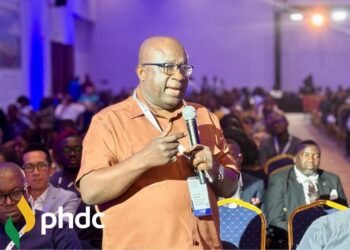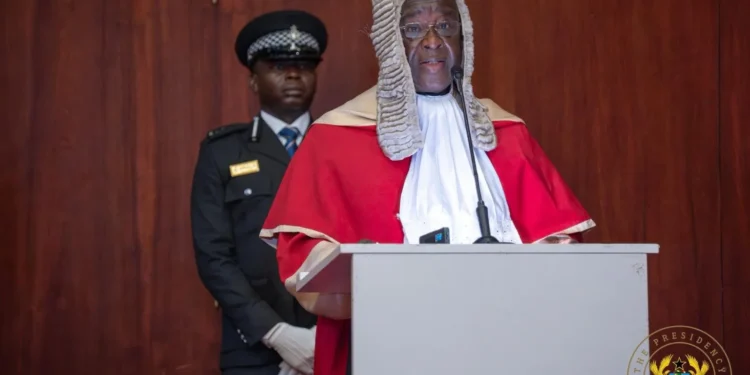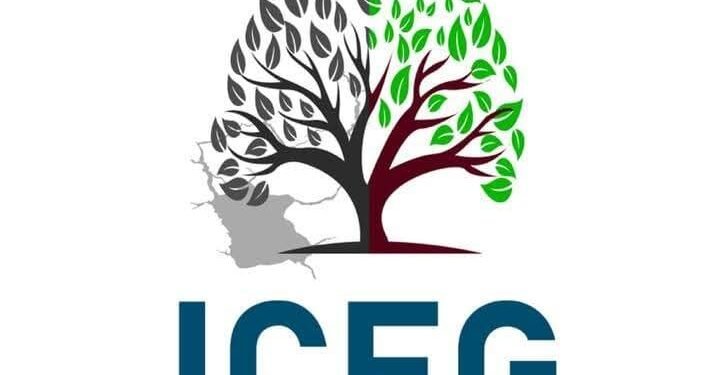Mining magnate and Executive Chairman of Jonah Capital, Sir Sam Jonah, has renewed calls for a tougher and more community-driven approach to Ghana’s battle against illegal small-scale mining, popularly known as galamsey.
Sir Jonah said Ghana’s problem is not the absence of laws but the lack of consistent enforcement.
“The laws are there; don’t mine in forest reserves, and when you do, you have to clean it up.
“So, it is not that we need more laws; it is the case that we need more enforcement.”
Sir Sam Jonah, Mining magnate and Executive Chairman of Jonah Capital
His remarks underscore a frustration shared by many stakeholders who argue that the country’s extensive legal framework on mining has been undermined by weak application and political interference.
Laws Exist, Enforcement Fails

Illegal mining has long plagued Ghana’s natural environment, polluting rivers, degrading forests, and destroying arable farmland.
Despite multiple government interventions, including task forces, bans, and policy reviews, the problem persists.
Sir. Jonah stressed that the real issue is not legislative gaps but the political will and institutional capacity to enforce existing regulations.
He said, “We have strong mining laws. What is missing is the consistent enforcement of these laws,” noting that the inability to implement rules effectively has emboldened illegal miners and eroded public confidence in government-led interventions.

Sir Jonah insisted that enforcement alone cannot succeed without the active participation of traditional authorities and local communities.
He argued that chiefs, elders, and residents must be empowered and held accountable for safeguarding their forests, rivers, and farmland from destruction.
According to Sir Jonah, empowering local leadership will not only improve monitoring on the ground but also strengthen trust between communities and regulators.
In many mining-affected areas, chiefs have been accused of complicity in illegal activities, while communities often feel excluded from decision-making.
Mounting Public Pressure
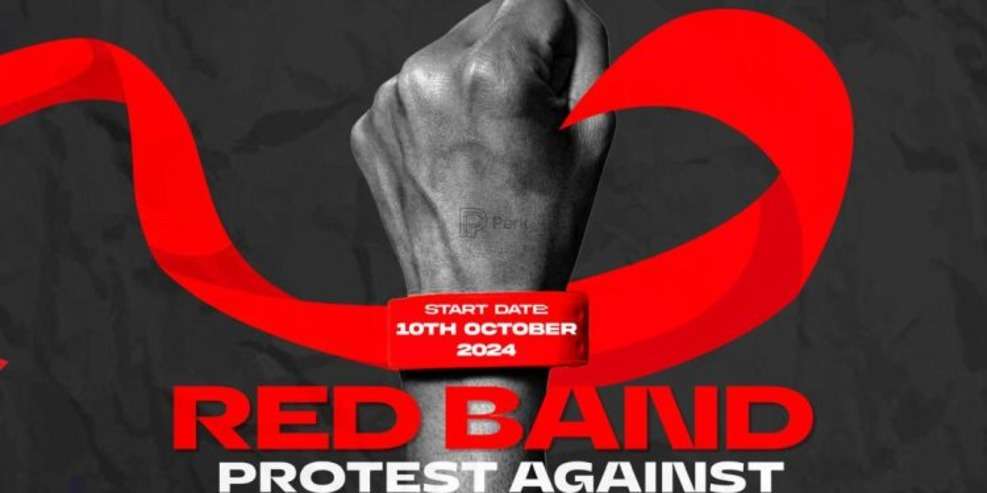
His comments come at a time of rising national anxiety over the impact of galamsey. Civil society groups, religious bodies, farmers’ associations, and environmental advocates have increasingly urged government to treat the crisis as a national emergency.
The destruction of water bodies, particularly the River Pra and River Ankobra, has sparked fears of an impending water scarcity crisis if urgent measures are not taken.
The Catholic Bishops’ Conference, the Christian Council of Ghana, and several advocacy groups have demanded tougher action against galamsey operators, as well as sanctions for public officials and security personnel found to be colluding with miners.
Sir. Jonah’s intervention adds to the chorus of influential voices urging stronger action. Known for his decades of experience in Ghana’s mining industry and international business leadership, his words carry weight within both corporate and policy circles.
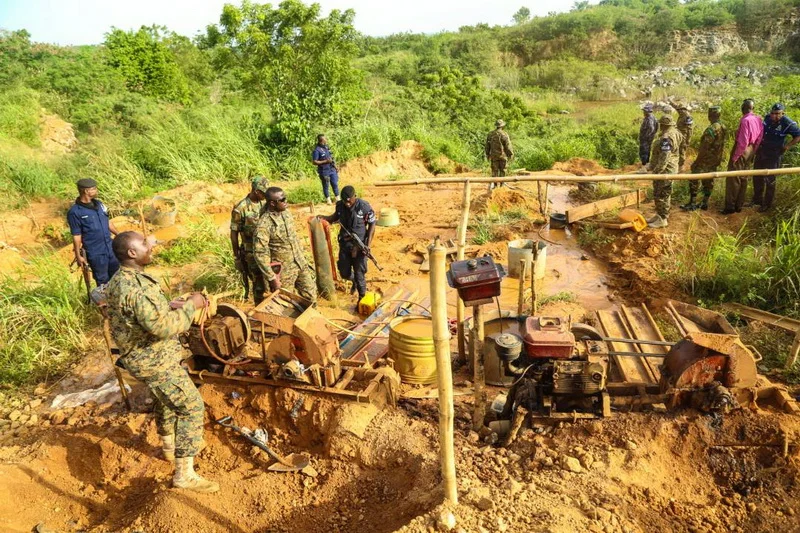
As Ghana edges closer to what many describe as an environmental tipping point, Jonah’s words echo a growing realization that combating galamsey will require more than government task forces and political promises.
It will demand a national consensus that blends enforcement with genuine community empowerment.
Whether Ghana can turn the tide against galamsey remains uncertain, but voices like Jonah’s are adding fresh urgency to the debate.
For many Ghanaians, his message is simple but profound: the laws already exist; what is needed now is enforcement backed by the collective will of communities and traditional leaders.
READ ALSO: Market Cheers as Ghana’s Treasury Auction Breaks Four-Week Drought with 15.8% Oversubscription




